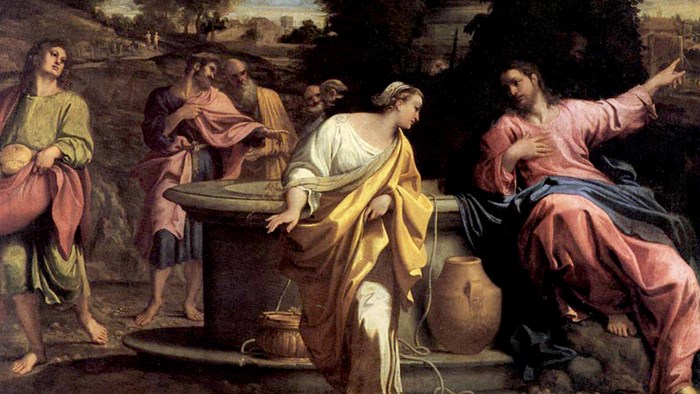One of the most confounding, complicated, and confusing passages in all of Scripture is 1 Timothy 2:11-15. Scholars and theologians have long debated its details and application regarding women in ministry.
I'm not taking this space to dissect all of the issues at this time. But like the final boss of a video game, the paragraph ends with Paul making the statement that "women will be saved through childbearing". This would be the same Paul famous for developing and proclaiming salvation by faith in Christ. One steeped in modern-day vernacular might be tempted to ask, "what in the world bruh???"
While "Nobody's Mother" does touch on the wide variety of issues in 2:11-15, this book has its greatest relevance on that final gender-role-specific statement. Make no mistake, as cloudy and confusing as these verses are, Dr. Glahn offers critical clarity based on what we know about first century cultural context (I apologize for all the 'C' words).
This book outlines the various levels of difficulty in interpreting 2:15. But after diagnosing the problems, the author surgically goes to work offering solutions and interpretive answers. She takes advantage of the under-studied world of first-century Ephesus and the cult of Artemis. Good bible students will recognize from passages like Acts 19 that the worship of Artemis was a formidable and popular cultural identification marker in Ephesus. But Dr. Glahn expands upon that premise using historical and extra-biblical records that still exist from that time period. Even architecture and art that remains from that world helps us understand just how entrenched the cult of Artemis was at that time and in that place.
What I found fascinating was how much additional information we have from discoveries from just the past few decades and how that new information is just now being connected to biblical scholarship. This book puts the pieces together to see a more-coherent picture, offering an very reasonable explanation as to why Paul might tell Timothy and his Ephesian church that "women will be saved through childbearing."
I highly recommend any interested party purchase and read this book for themselves. But here is a summary of what I learned based on her research and conclusions:
- Artemis was among other things a celibate goddess of the hunt and goddess of midwives and childbirth.
- Against what some have often assumed, she was not a fertility goddess and her temple was not grounds for sacred prostitution. Her cult was not anti-male but it was female-led.
- Artemis is often called “savior” as protector and warrior who specifically could help deliver women through the childbearing process.
- Sex and pregnancy were viewed in a somewhat negative or dangerous light by her devotees. This negative impression was based on women's mortality rates during childbirth combined with Artemis' own mythic backstory. The legend states that she was the first born of a set of twins and as an infant observed how her mother strenuously and painfully died to give birth to her twin brother.
- Her goddess mission then was to help women in the birthing process or provide a quick and painless death if the birth was headed to a tragic end.
- Paul's confounding “saved through childbearing” statement is a direct counter to the Artemis myth. Artemis is not a real “savior”. Women Christ-followers can have confidence that Jesus is their hope with respect to the sometimes-dangerous and difficult process of childbirth. Jesus will deliver them, not Artemis. Pregnancy is not a curse, it is a good thing. And our security lies in faithfully following Jesus. Childbirth is not something to fear, for those in Christ have a true Savior.


